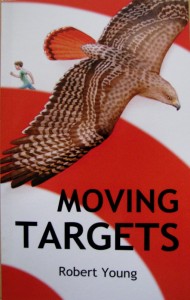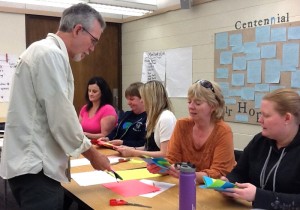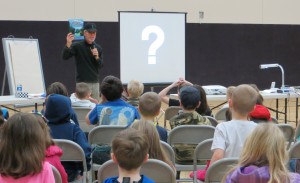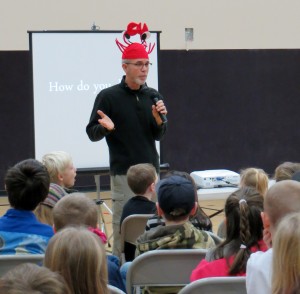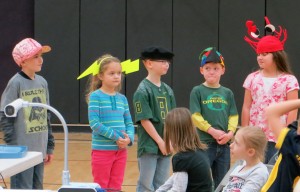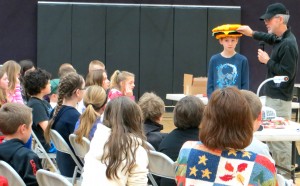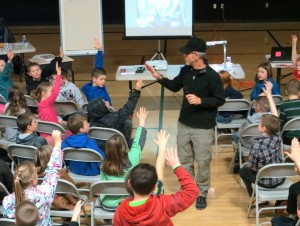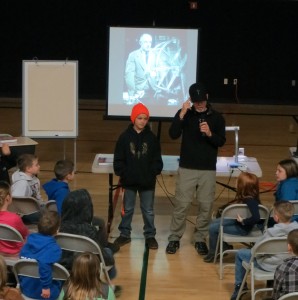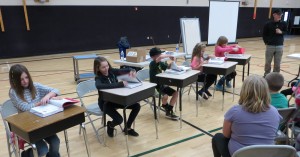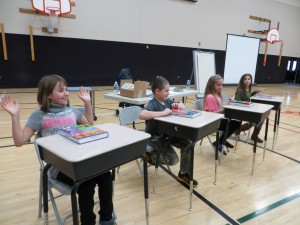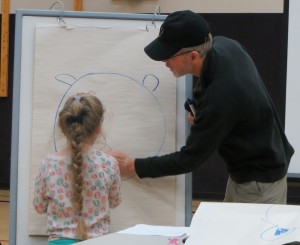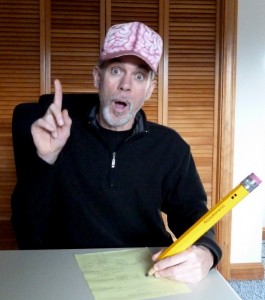While traditional reviewing sources help librarians select books to add to their collections (which is also helpful to authors who want to sell books), I prefer the feedback I get from kids who have read the book.
Here’s some recent examples from fifth graders:
“Moving Targets has good words, great details, and I like how it is kind-of like an everyday life story.” Kaitlyn
“…and it leaves you thinking what could happen if you become friends with a bully.” Aidden
“David is a very relatable character that a lot of us can see in ourselves.” Fisher
“I will give this book to my kids when I have them.” Dora
Here’s hoping that you will wait awhile, Dora. I appreciate all the comments. Thanks!
Here’s some book background:
Moving Targets, a novel for readers aged 8-11, is a beloved project I have been involved with for many years. The setting – a small town, near a migrating bird sanctuary – was inspired by Hawk Mountain, PA, where I took my seventh graders on field trips while teaching in New Jersey during the 1970s. Over the years, I have returned to Hawk Mt. on several occasions, the last being the fall of 2012 during a cross-country road trip with my son. It’s still an amazing place!
The topic explored in Moving Targets is a universal one: bullying. Bullying happens everywhere and, sadly, is not limited to certain time periods. I experienced it growing up and confronted it during my years as a teacher. It still goes on today, for sure, but it’s reassuring to see the concerted efforts being made to stand up against it (e.g. Project Anti-Bully).
In the book, eleven-year-old David Jennings, moves to a small town (Eagle View, PA) with his mom. He does his best to make friends, but the best he can do is a small group led by the town bully. Paul gets thrills picking on kids and abusing animals. Reluctantly, David follows until events force him to consider actions that could change – or end – his life.
The setting figures heavily in this story, as townspeople debate the future of the sanctuary. Should the town keep it commercial-free, or should they permit businesses to operate there? Finding a balance between commercial interests and nature is a universal theme that is considered in towns and cities throughout the world.

